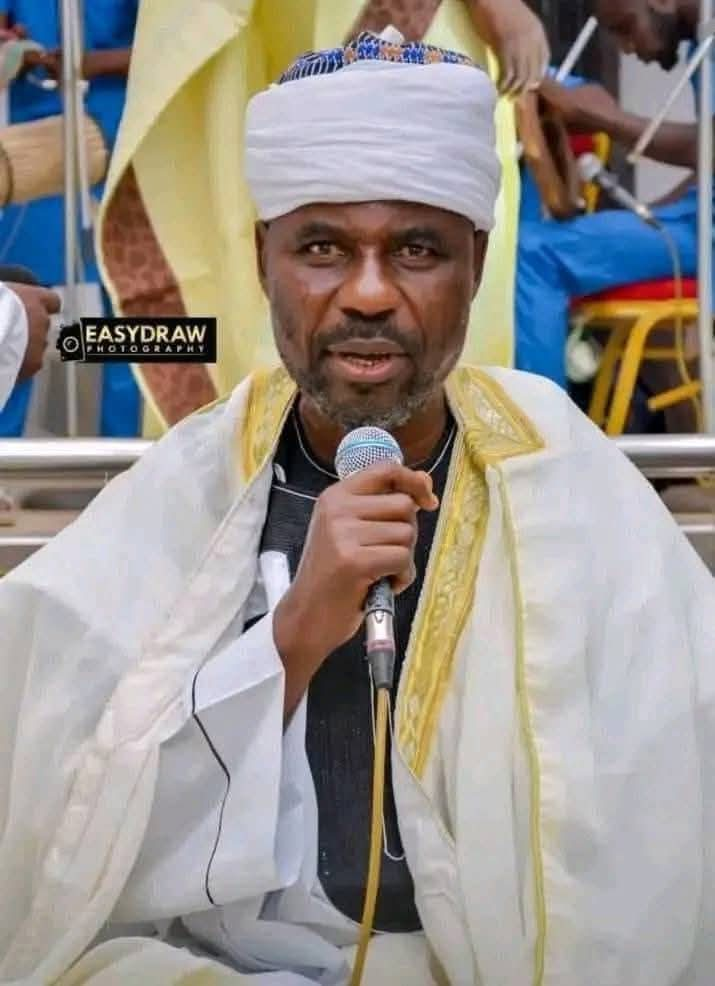Stakeholders seek collaboration to mitigate cyberattacks
[ad_1]
INFORMATION security stakeholders have laid out the recipe for activating a secured cyber environment for Nigeria.
Speaking at the Annual Cybersecurity Conference organised by Information Security Society of Africa –Nigeria (ISSAN) recently, stakeholders from the financial and information technology sectors stressed the need for collaboration and organisational security consciousness as means of ensuring that cyberattacks are mitigated in organisations.
In his address at the event, which had its theme as ‘Cybersecurity Imperatives For Business: Practical Considerations’, ISSAN Board Chairman and General Manager, Eco Bank, Dr. David Isiavwe, highlighted the importance of cybersecurity in the well-being of every organisation and spoke of the need to urgently address issues around cyberattacks, especially in the financial sector.
Several cybersecurity challenges and solutions were brought to the fore at the event.
Dr. Austine Ohwobete, Managing Director, CyberTechNX, spoke about vendor risk assessment and individual management, while taking a 360o look at the organisation’s environment as a means of identifying and curbing cyber threat incidences.
Mrs. Rakiya Mohammed, Director of ICT at CBN, who spoke on ‘eNaira: The Journey So Far’, reiterated the need to ensure that alternative transaction channels are created, which gave rise to the birth of the Federal Government’s eNaira.
She noted that the digital currency still need to be widely accepted hence the need for accelerated public enlightenment.
ALSO READ FROM NIGERIAN TRIBUNE
Basil Udotai, former Director of Cybersecurity, NSA and Managing Partner, Technology Advisors, noted that there is a major loophole in cybersecurity in Nigeria.
He pointed out that the loophole is in certifications. “Cybersecurity is about technology, process and people. There has been process in technology and processes, but zero progress with people,” he said.
Mr. Harrison Nnaji, the Chief Information Security Officer (CISO) of First Bank Nigeria, listed some of the security measures to be taken by organisations to include data erasure (primary and secondary erasure), encryption, access restriction, backup and recovery, data masking, among others.
He challenged organisations to “own the data” they collect from people, and not to collect data they cannot secure. He further charged organisations to identify and classify their data for easier protection.
[ad_2]















Post Comment